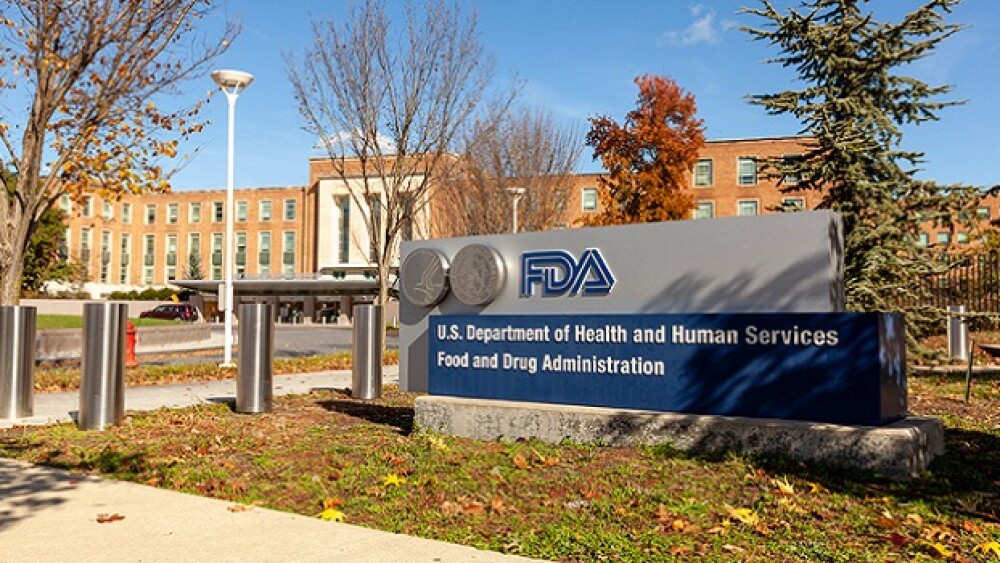May 22, 2017
By Mark Terry, BioSpace.com Breaking News Staff
Every few months, Cambridge, Mass.-based Moderna Therapeutics breaks into the news, although it’s not always clear why. This time it’s because the U.S. Department of Health and Human Services (HHS) has agreed to provisionally fund the company’s attempts to make a vaccine for the Zika virus for up to $125 million. And, the Bill and Melinda Gates Foundation has pledged up to $100 million to develop mRNA-based vaccines for infectious diseases.
A private company, and one that tends to be a bit secretive, Moderna focuses on engineering messenger RNA (mRNA), which when injected, would turn the patient’s cells into drugmaking factories. mRNA is a bit of a Holy Grail in biopharma—the potential is enormous, but so far no one’s really overcome the technical challenges. The company’s flamboyant and outspoken chief executive officer, Stephane Bancel, assures everyone—in a way that is reminiscent of the late Steve Jobs—that the company’s great and the technology is going to change the world. And the company is clearly ambitious, with numerous ongoing programs.
The company is currently valued at around $5 billion, making it the most valuable private biotechnology company in the U.S. It has about $1.9 billion in cash that it’s received from financing and business partners that, in addition to the Bill and Melinda Gates Foundation, including pharmaceutical companies Merck and AstraZeneca , and the U.S. Department of Defense’s Advanced Research Projects Agency (DARPA).
CNBC writes, “But the process at the heart of Moderna’s potentially disruptive approach to medicine is one that has been tried before and abandoned by other pharmaceutical companies for its complexity. And according to an encompassing investigation published by STAT News last September, the company’s recent pivot to the crowded field of vaccine development has left some industry observers wondering if Moderna’s technology is ready to make previously unavailable therapeutic treatments finally obtainable.”
Most recently, on April 27, Moderna announced positive interim data from an ongoing Phase I trial of mRNA-1440, an mRNA infectious disease vaccine against avian H10N8 influenza. The study showed it induced high levels of immunogenicity, was safe and well tolerated.
This study also represented the first human proof-of-concept from the company’s mRNA technology platform, and the first-ever published data showing a prophylactic mRNA vaccine’s ability to stimulate robust immunity in humans. “These human proof-of-concept data mark a crucial milestone for Moderna as we work to advance the potential of mRNA vaccines and therapeutics to translate into clinical benefit across a breadth of diseases and unmet needs,” said Bancel, in a statement.
But as any biopharma watcher knows, Phase I is very early in the game, no matter how promising. The trial does suggest that the company has discovered a way to transport protein-producing mRNA into cells in a safe way, which is a very big step.
But the company has also been tangled up in controversy there, when it was involved in a lawsuit by a British Columbia Supreme Court lawsuit between Arbutus Biopharma and Acuitus. Four times, Acuitas sublicensed technology to Moderna that is used to transport mRNA. But there was a lawsuit against Acuitus by Arbutus, alleging that Acuitus didn’t actually have the rights to sublicense the technology.
Bancel has argued that Moderna doesn’t use Acuitas’ delivery system for its new drugs, and was developing its own delivery system, as well as licensing another from Merck (MRK).
As of April 13, 2017, the lawsuit was still ongoing and the Court of Appeal for British Columbia denied an attempt by Acuitas to appeal the original injunction. It’s not clear how much, if at all, this affects Moderna. Nor is it clear why Moderna sublicensed the tech from Acuitus rather than from Arbutus.
Anna Durbin, a professor of international health at the Johns Hopkins Bloomberg School of Medicine, told CNBC, “People are pretty excited about the potential for mRNA vaccines. But right now we don’t have the human data to see if they’re going to live up to their potential.”
Which is why, despite an apparent high amount of enthusiasm by some private investors, the industry in general is far more cautious about Moderna and mRNA-based vaccines and therapeutics. “We had a similar sense of excitement and possibility with DNA vaccines that haven’t quite panned out the way we hoped,” Durbin told CNBC. “People will be very interested in these Zika vaccine results.”
Although Moderna has a lengthy list of ongoing programs in development, the majority of them are vaccines utilizing the mRNA technology, including vaccines for influenza A, Chikungunya virus, Zika virus, cytomegalovirus (CMV), Human Metapneumovirus (HMPV) and Parainfluenza virus (PIV3), and with Merck, an mRNA-based personalized cancer virus.





